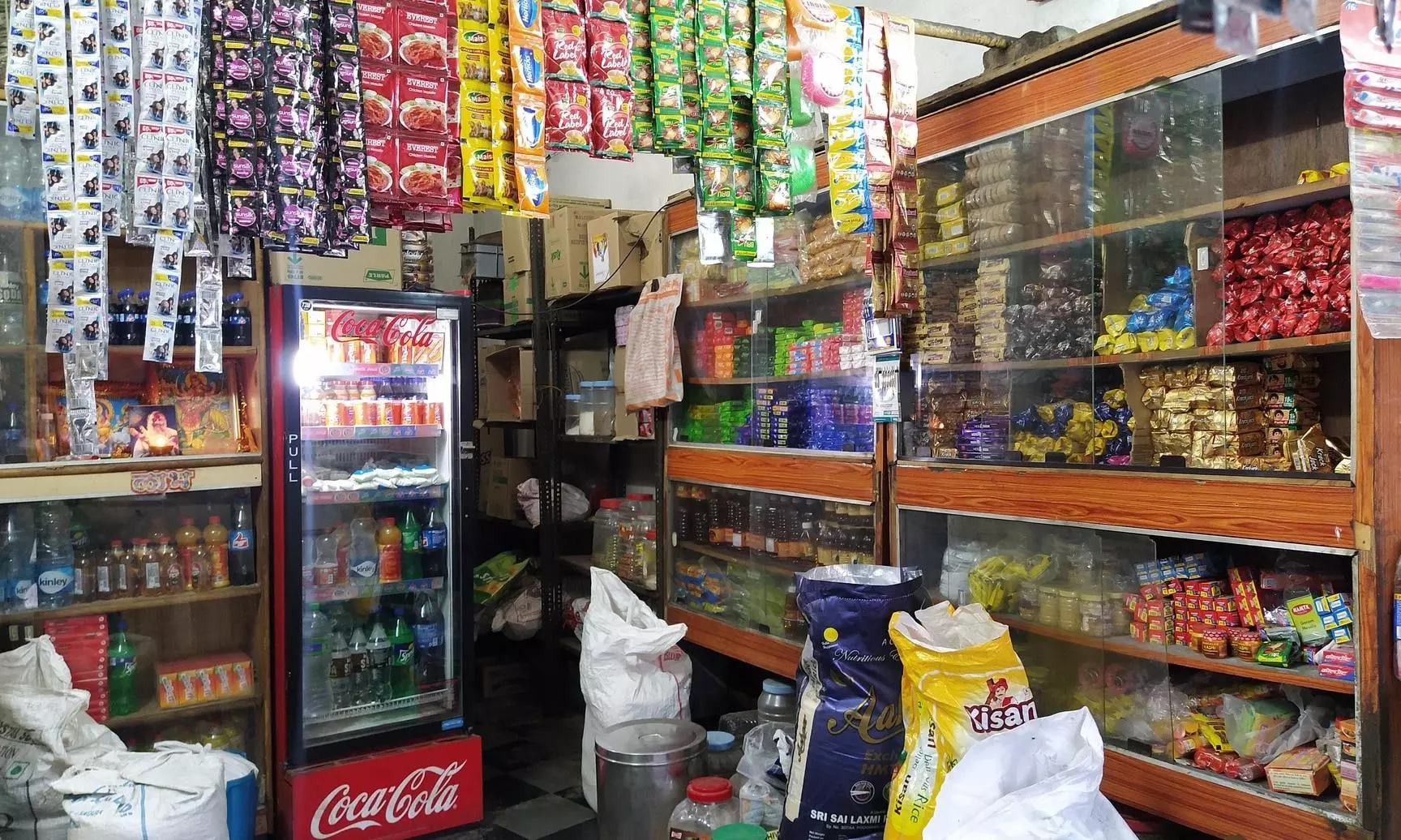Quick-Commerce’s Predatory Pricing Affecting Kirana Stores: CAIT

Chennai: The fast-growing quick-commerce players have raised over Rs 54,000 crore as FDI and they are using a major share of the money to offer discounts and predatory pricing, which in turn is affecting the business of Kirana shops, alleges an industry body. Meanwhile, Datum Intelligence finds that quick-commerce accounts for just 1 per cent of the grocery market, but is estimated to grow six-fold in sales value by 2030.
“Leading Quick Commerce platforms like Blinkit, Instamart, and Zepto are driving small retailers, particularly Kirana stores, out of business. Instead of using Foreign Direct Investment (FDI) to build assets, they are funding deep discounts and covering operating losses. This predatory pricing pulls customers away from Kirana shops, crippling their ability to compete,” a white paper by the Confederation of All India Traders representing the kirana stores said.
The quick-commerce players have raised more than Rs 54,000 crore, of which only Rs 1,300 crores or 2.5 per cent has been used to create real assets/infrastructure. It is estimated that over 50 per cent of the FDI may have been spent covering operating losses incurred due to practice of predatory pricing, and large part of the remainder used to provide subsidized warehouses, logistics, inventory, and delivery systems to their preferred sellers, CAIT alleged.
“Their misuse of FDI to finance operational losses due to their predatory practices, deep discounting not only breaches FEMA guidelines but also causes appreciable adverse effect to competition and is causing irreparable loss to the small traders,” it said.
Meanwhile, a report by Datum Intelligence, found that Kirana stores account for 92.2 per cent of estimated $617 billion grocery market in India in 2024. Quick commerce accounts for 1 per cent, e-commerce 1.3 per cent and organised brick and mortar stores 5.5 per cent.
Quick-commerce is expected to grow to $40 billion by 2030 from $6.1 billion in 2024. “The swift acceptance of quick commerce among consumers demonstrates a clear willingness to pay for the convenience of immediate, on-demand purchases,” it said.
As per the report, 46 per cent of quick commerce buyers have reduced their purchases from kirana shops, with 82 per cent shifting at least 25 per cent of their kirana spending to digital platforms. Five per cent respondents have stopped buying from kirana stores entirely. An estimated $1.28 billion in kirana sales is expected to move to quick commerce platforms by 2024.

